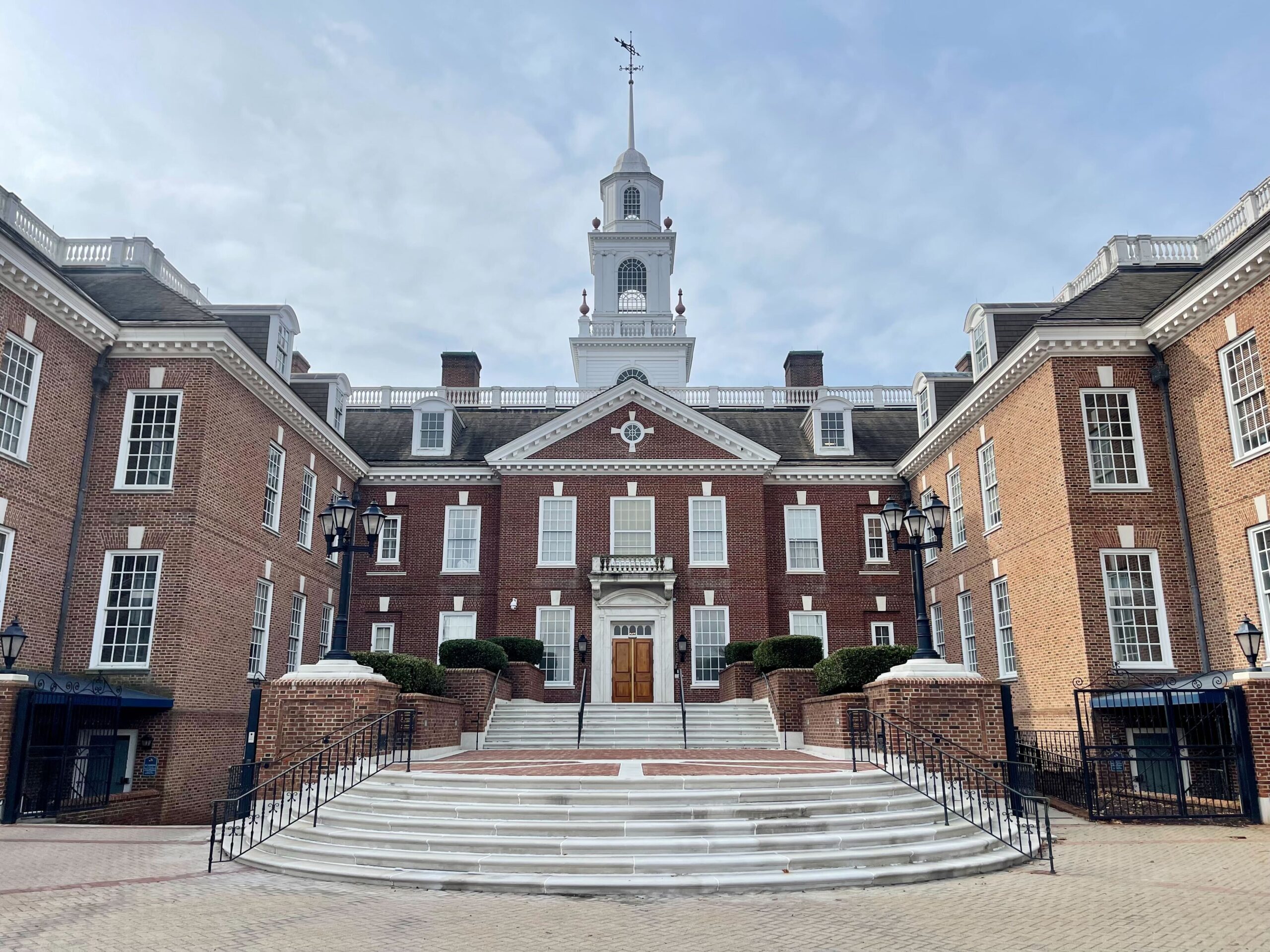Laster, who has called the legislation “major surgery,” said in his decision that companies must comply with Delaware law.
“Market participants must conform their conduct to legal requirements, not the other way around,” the ruling said.
Rep. Madinah Wilson-Anton (D-Newark) and Republican Rep. Michael Smith called experts to testify on both sides of the issue.
Wilson-Anton said she’s seen memos dating back years warning that the stockholder agreements were unenforceable.
Her expert, Charles Elson, founding director emeritus of the Weinberg Center for Corporate Governance at the University of Delaware, said one of the concerns with these stockholder agreements is a lack of transparency.
“If you buy into a company, and there’s already a side agreement that effectively lays out how the company is going to be managed and function and you’re unaware of it,” he said. “And the problem of these things remaining no secret, if you will, is the danger of a minority buying in and discovering that the cards have already been stacked, so to speak.”
Former Chancellor William Chandler defended the Corporation Law Council on the writing of the bill. DSBA and the bill sponsors have disputed the view that the revisions are a sweeping overhaul of current law.
“I believe in placing my trust in that organization because they have never, ever failed,” he said. “I trust the Corporate Law Council in doing the right thing.”
Chandler said, “The corporate market isn’t ‘feeling good’ about Delaware,” and questioned McCormick and Laster’s objectivity on cases related to the bill’s amendments to state law.
“As Chancellor, I will tell you I was taught judges need to stay in their own lane,” he said. “Judges need to be judging cases in the courtroom, applying the law that you give them. Judges don’t need to intrude upon the process of making law.”
